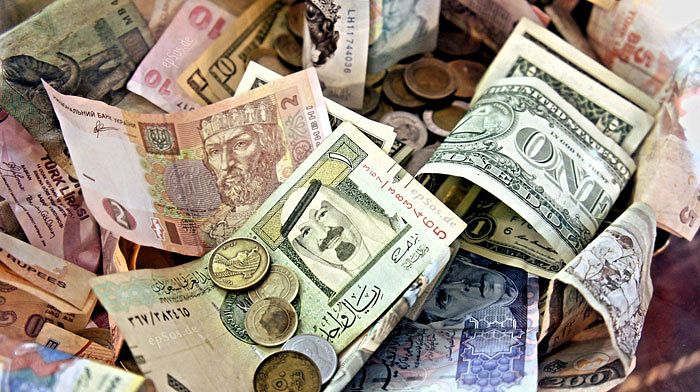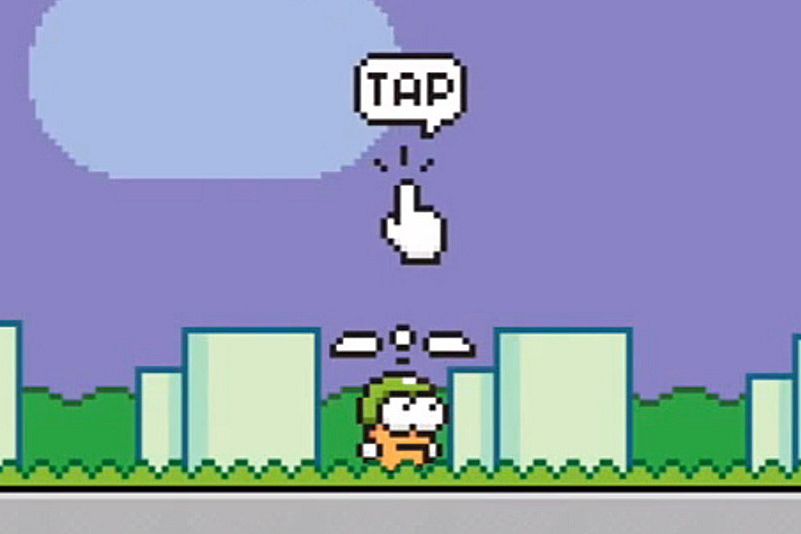It’s unclear which is the hottest story trending in Vietnam right now – McDonalds opening in Saigon or the surprising success of Flappy Bird. What is clear is that the story of a Vietnamese programmer who spent a few nights creating a game that has shot to the top of the iTunes and Google Play charts over the past few weeks is more significant than the revelation that a fast food chain will have a pork sandwich.
For those who have missed the Flappy Bird boat, the game, which is both simple and difficult, was released in early 2013 with little fanfare. But starting a few weeks ago, the game became a global craze and has been downloaded 60 million times, according to Tuoi Tre.
The straightforward and addictive game was brilliantly summarized by The Atlantic:
“Flappy Bird is a stupid game. You control a bird so cute as to signal deformity. Tapping the screen causes the bird to flap, making it rise slightly before quickly falling. The game asks only that you pilot the bird through narrow passageways between two green, Super Mario-style pipes that issue from the top and bottom of the screen. A point is awarded for every pipe you pass. But touch anything and the cute bird tumbles beak-first into the ground: game over.”
Flappy Bird is the work of Hanoi programmer, Nguyen Ha Dong who created the game over a few nights in his spare time. After its initial release nearly a year ago, it spiraled into mobile gaming purgatory before being resurrected.
As for why the game has reached such popularity, nobody seems quite sure.
The Atlantic postulated that “Nguyen’s status as outsider artist may be the key to the game’s deftly indifferent design, even if it can’t explain its success.”
When asked about his success, Nguyen hazarded a simple guess: “The popularity could be my luck.”
Whatever the reason, something’s working and the money is rolling in – US$50,000 per day from in-game ads, according to The Verge.
The game is also creating some unique social ‘value.’ The hashtag ‘flappybird’ on Facebook returns thousands of reactions from across the globe – from photoshopped cameos of Mario in homage to the game’s green tubes, to pictures of phones shattered in frustration.
There has long been criticism of the Vietnamese gaming industry when it comes to developing popular titles on account of red tape and lack of investment (yup, there’s a connection between the two).
Perhaps more Vietnamese programmers can carve out a niche in mobile games instead of focusing on their traditional PC counterparts which are characterized by large staffs, consistent investment and long release cycles.
After seeing that Nguyen has made enough to ‘make it rain’ several times over, you can be sure thousands of his countrymen (and countrywomen) will play their hand in the mobile app game.














